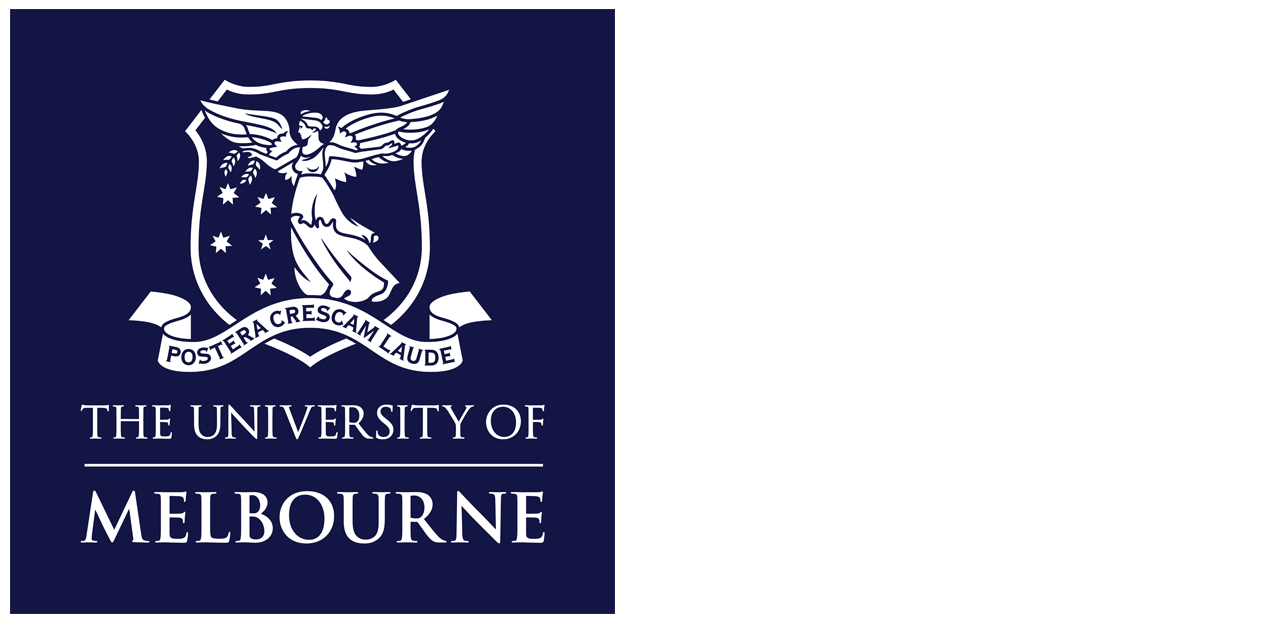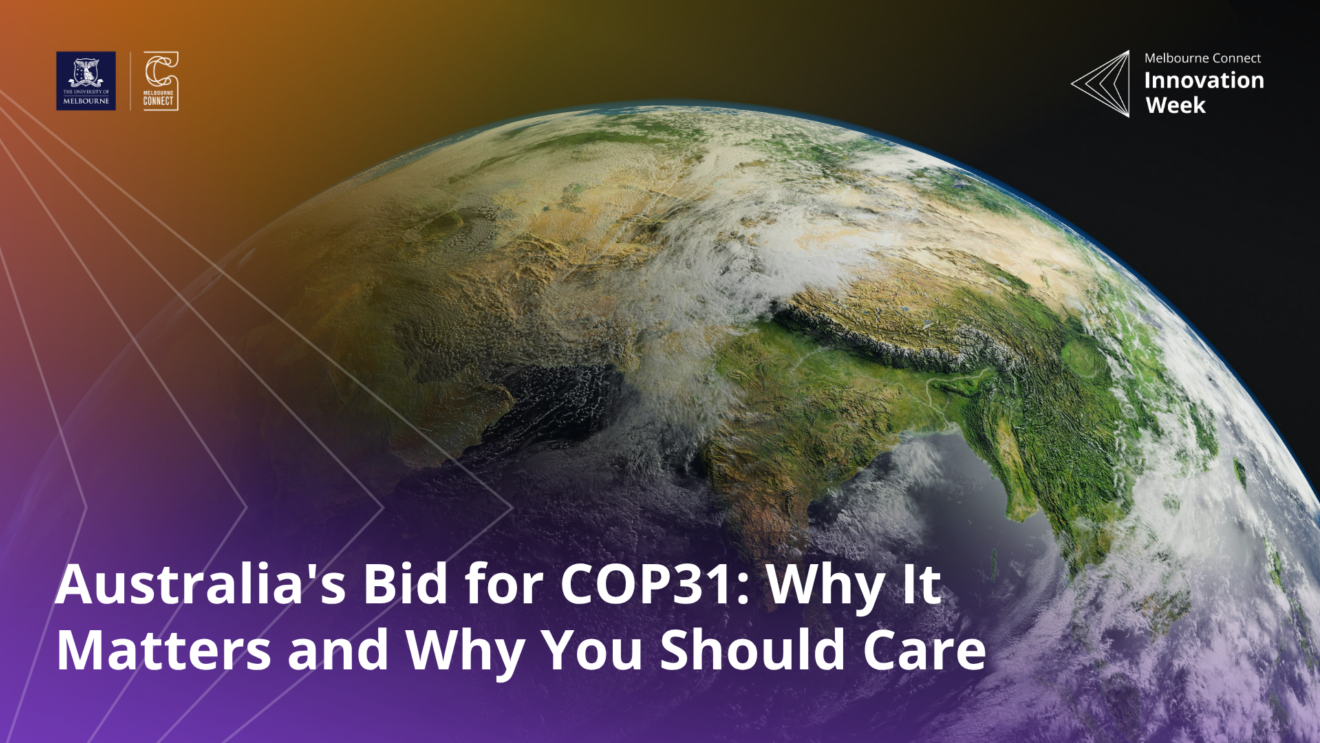


As the climate emergency intensifies, Australia faces a critical opportunity to lead global efforts through its bid to host the 2026 Conference of the Parties (COP31).
This panel discussion will feature prominent climate and sustainability experts and policymakers, offering a behind-the-scenes look at what really happens at a COP. Explore the complexities of climate negotiations, the economic, social, and environmental impacts of hosting this pivotal event, and Australia’s potential to drive the global transition to a low-carbon future.
Following the discussion, participants will have the opportunity to engage directly with the panellists during a Q&A session, encouraging an open exchange of ideas and perspectives on the future of climate action.
Associate Professor Cathy Oke OAM, Director Melbourne Centre for Cities, and Enterprise Principal Fellow in Informed Cities, Faculty of Architecture Building and Planning, University of Melbourne.
Cathy Oke OAM is Director Melbourne Centre for Cities, and Associate Professor in Informed Cities in the Faculty of Architecture Building and Planning. Cathy's interests focus on research, policy and practice boundary spanning for increased nature and climate action in cities. She is Senior Advisor to the Innovate4Cities program of the Global Covenant of Mayors for Climate and Energy and a Lead Author for the IPCC Special Report on Climate Change and Cities, AR7 – due to be released early 2027.
Professor Jacqueline Peel, Professor of Law, Melbourne Law School, University of Melbourne.
Jacqueline Peel is a Professor of Law at Melbourne Law School and the 2024 Kathleen Fitzpatrick Australian Laureate Fellow undertaking a 5-year program on global corporate climate accountability. She has published more than a dozen books on climate and environmental law topics and served in numerous professional leadership roles, including as the inaugural Director of the University of Melbourne’s Melbourne Climate Futures initiative and as a lead author for the Intergovernmental Panel on Climate Change’s Sixth Assessment Report.
Professor Robyn Eckersley, Redmond Barry Distinguished Professor, School of Social and Political Sciences, University of Melbourne.
Robyn Eckersley is Redmond Barry Distinguished Professor in Political Science at the University of Melbourne and a Fellow of the Academy of the Social Sciences in Australia. She has published widely in the fields of environmental political theory and International Relations, with a particular focus on ecological democracy, the greening of states, and the ethics, politics and governance of climate change and the national and international levels. Her current research project focuses on radical right populism’s hostility to climate policy.
Associate Professor Andrew King, ARC Future Fellow and Associate Professor in Climate Science, School of Geography, Earth and Atmospheric Sciences, University of Melbourne.
Andrew King is an ARC Future Fellow, an Associate Professor in Climate Science at the School of Geography, Earth and Atmospheric Sciences and also a Chief Investigator in the ARC Centre of Excellence for 21st Century Weather. Andrew is interested in climate change processes, climate projections under the Paris Agreement and net zero emissions pathways, and understanding weather and climate extremes. He completed his PhD in Climate Science in 2015 at UNSW.
Dr Nabreesa Murphy, Project Officer, The Climate Reality Project Australia & Pacific, University of Melbourne.
Nabreesa Murphy’s work is driven by a passion for advancing health, human rights, equity, and justice. Nabreesa currently works for the Climate Reality Project – Australia, Aotearoa & Pacific branch. She has previously worked as a medical doctor in the UK, and a public health and human rights practitioner and social researcher in Australia. Nabreesa is committed to working in partnership with communities and grassroots organisations and those with lived experience and expertise of climate impacts, to influence climate resilient, sustainable, just policies.

